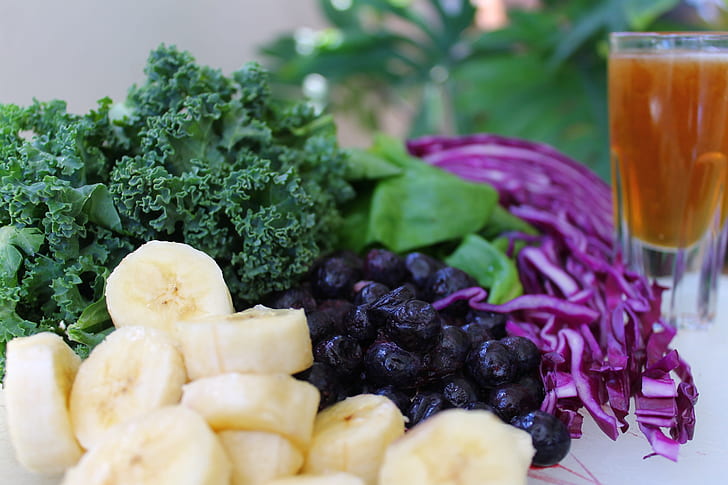As pet owners, we all want our furry friends to be healthy and happy. But what happens when our beloved pooch is diagnosed with pancreatitis? This condition can be a real pain in the gut, causing inflammation and discomfort for our furry companions. The good news is that with the right diet, we can help alleviate their symptoms and improve their quality of life. In this article, we’ll explore the ins and outs of feeding a pancreatitis pooch and help you pick the perfect diet for your furry friend. So grab a bowl of kibble and let’s get started!
1. “Feeding Fido: Navigating the World of Pancreatitis Diets”
Pancreatitis is a serious condition that affects dogs of all ages and breeds. It occurs when the pancreas becomes inflamed and can no longer function properly. One of the most important aspects of managing pancreatitis in dogs is their diet. Here are some tips for navigating the world of pancreatitis diets:
– Low-fat is key: Dogs with pancreatitis need a low-fat diet to reduce the workload on their pancreas. Look for dog food that contains less than 10% fat. You can also feed your dog boiled chicken, turkey, or fish with no added oils or seasonings.
– Avoid certain foods: There are certain foods that can trigger pancreatitis in dogs, such as fatty meats, dairy products, and high-fat treats. It’s important to avoid these foods and stick to a low-fat diet.
– Feed small, frequent meals: Dogs with pancreatitis should eat small, frequent meals throughout the day instead of one or two large meals. This helps to reduce the workload on the pancreas and prevent flare-ups.
In addition to diet, it’s important to work closely with your veterinarian to manage your dog’s pancreatitis. They may recommend medication or other treatments to help manage the condition. With the right care and attention, dogs with pancreatitis can live happy, healthy lives.
2. “From Kibble to Home-Cooked: Finding the Right Diet for Your Pancreatitis Pooch”
When it comes to feeding a dog with pancreatitis, it’s essential to find the right diet that will help manage their condition. While kibble may be the most convenient option, it’s not always the best choice for dogs with pancreatitis. Here are some alternative diets you can consider:
– Home-cooked meals: Preparing meals for your dog at home can be a great way to ensure they’re getting the right nutrients without any harmful additives. You can use lean meats like chicken, turkey, or fish, and add vegetables like sweet potatoes, green beans, and carrots. Be sure to avoid any ingredients that may trigger your dog’s pancreatitis, such as fatty meats or oils.
– Raw food diet: A raw food diet consists of uncooked meat, bones, and vegetables. While this diet may not be suitable for all dogs, it can be a good option for those with pancreatitis as it’s low in fat and easy to digest. However, it’s important to ensure that the food is properly balanced and that your dog is getting all the necessary nutrients.
It’s important to note that any dietary changes should be made gradually to avoid upsetting your dog’s stomach. Additionally, it’s always a good idea to consult with your veterinarian before making any significant changes to your dog’s diet. With the right diet and care, dogs with pancreatitis can live happy and healthy lives.
3. “A Guide to Choosing the Perfect Pancreatitis Diet for Your Canine Companion
When it comes to choosing the perfect pancreatitis diet for your furry friend, there are a few things to keep in mind. First and foremost, it’s important to consult with your veterinarian to determine the best course of action for your dog’s specific needs. Once you have a plan in place, consider the following tips to ensure your pup is getting the right nutrition:
– Look for low-fat options: Dogs with pancreatitis need to avoid high-fat foods, so look for options that are low in fat. This can include lean proteins like chicken or turkey, as well as vegetables like sweet potatoes or green beans.
– Avoid table scraps: While it can be tempting to give your dog a taste of your own food, it’s important to avoid table scraps when dealing with pancreatitis. Stick to their prescribed diet to ensure they’re getting the right nutrients without any added risks.
In addition to these tips, it’s important to monitor your dog’s progress and make adjustments as needed. Your veterinarian may recommend additional supplements or changes to their diet based on their individual needs. With the right care and attention, your furry friend can thrive on a pancreatitis diet that meets their unique needs. In conclusion, finding the perfect diet for your pancreatitis pooch can be a daunting task, but it is essential for their health and well-being. By working closely with your veterinarian and considering all of the options available, you can create a customized meal plan that meets your furry friend’s nutritional needs while also managing their condition. Remember to always monitor your dog’s symptoms and adjust their diet accordingly. With a little patience and dedication, you can help your pancreatitis pooch live a happy and healthy life.

